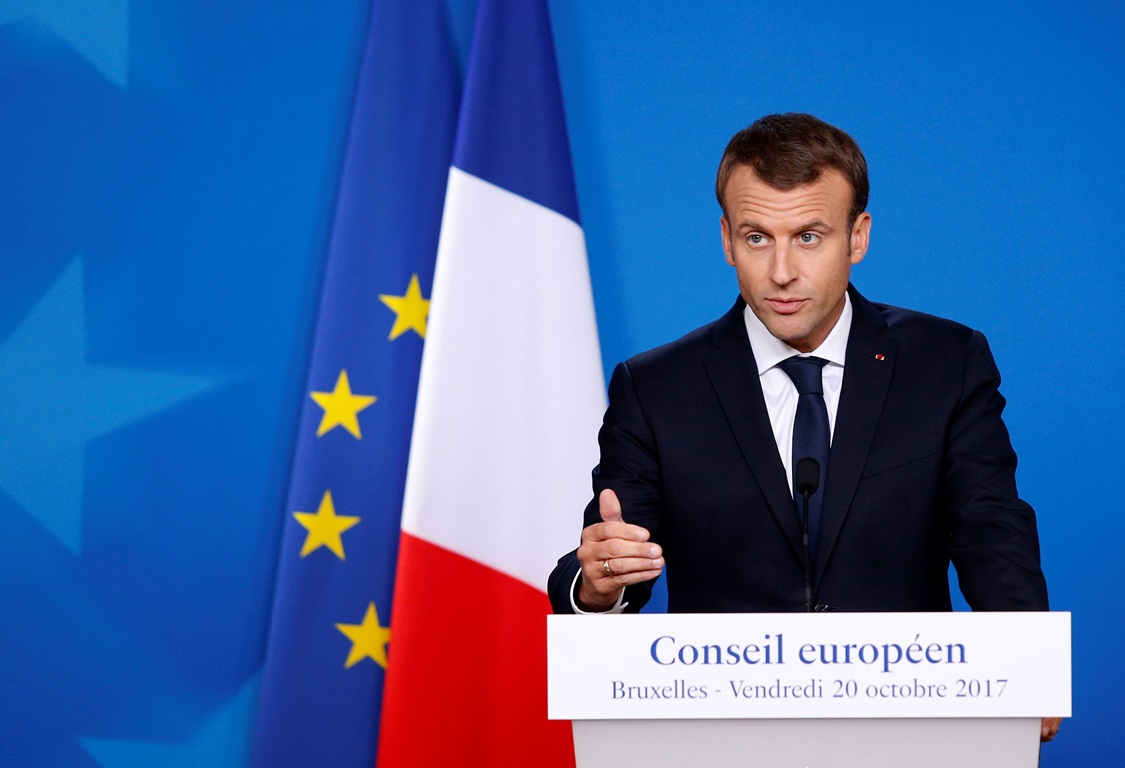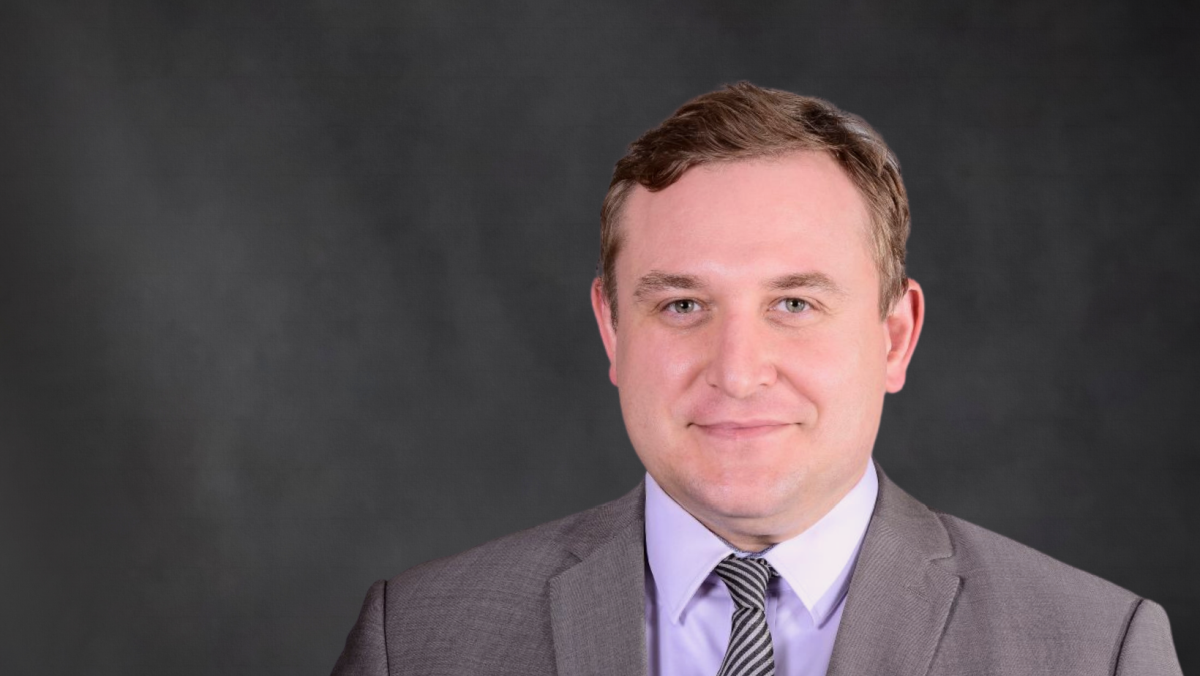President Macron’s EU Reform Proposals: An Offer Addressed to Germany

On 26 September, Macron presented 20 proposals for change to the European project. His speech proved that France has ambitions to take the lead in such changes, playing a role similar to the one it played in the era of Jacques Delors in the 1990s. It cannot play such a role alone, hence Macron’s proposals, the majority arising from his presidential election campaign are to establish a close alliance with the Federal Republic of Germany.[1] Macron offered new bilateral cooperation agreement on 22 January 2018, on the 55th anniversary of the Élysée Treaty. Such an agreement would imply not only an alliance for the re-founding of the EU, but also deep coordination of economic policies, for instance by harmonising the commercial code.
However, the German election was disappointing from the perspective of Macron’s plans. Chancellor Angela Merkel has been weakened, and the former SPD coordinator, favoured by France, is moving to the opposition. The FDP, which did well in the election, is only lukewarm on French ideas of reforming the eurozone, hence Macron’s pre-emptive attempt to exert influence in Germany before Berlin’s coalition is announced. In an interview with Der Spiegel on 13 October, the Macron even admitted that he had sent a copy of his speech to Merkel shortly after the Bundestag election. It is a speech that may indicate Macron’s intention to neutralise possible opposition from the FDP, proposing initiatives such as improving the EU institutions, expanding defence and migration cooperation, which the FDP could support. More difficult topics, such as a common eurozone budget, the appointment of a finance minister and the governance of the eurozone, were omitted or downplayed in the speech.
Areas of Close Cooperation
Macron pointed out that the EU institutions are now too complex to be able to make effective decisions and implement urgent reforms. To this end, he proposed reducing the number of European Commissions from 28 to 15, which is in line with similar demands from the liberals. The similarity of proposals is not accidental; Macron and liberal leader Christian Lindner combine managerial experience and a similar drive for effectiveness in public policy making; both expect a reformed EU to be able to succeed in global competition.
Macron expressed his hope that France and Germany would remain the backbone of the process of deepening defence cooperation between the EU Member States, a position that is shared by all potential coalition partners in the future German government. He also refers to the findings of the Defence and Security Council of both countries, resulting from a meeting on 13 July attended by the French and German heads of state as well as their foreign and defence ministers and military chiefs of staff. At that time, decisions were taken on joint military projects (including the construction of fighter aircraft) and the intensification of defence activities in the EU. In his speech, Macron proposed further development of EU military potential, acknowledging the principle of complementarity with NATO but emphasising the need for greater military autonomy. This is in line with Merkel’s statement after the NATO special meeting in Brussels on 25 May, in which she declared that Europe “must start counting on itself.”
An important point in Macron’s speech was his proposal for reform of the EU’s common migration policy. Macron is in favour of greater coordination in communicating information about asylum seekers between Member States. The establishment of the European Asylum Office is due to take place next year. In addition, the Macron announced the creation of a European border police force to be charged with expulsion of illegal immigrants, an idea also postulated by the FDP. By reforming asylum policy, Macron also wants to assuage the fears of large sections of the public in Member States before migration, which was reflected in the success of the anti-immigrant AfD in the Bundestag election (12.6%). He thus signalled his support for a more restrictive German migration policy, as per the recently announced CDU/CSU compromise on refugee reconciliation.
Less about the Common Budget
For potential German partners, Macron’s most controversial idea is to create a separate eurozone budget. Hence, he downplayed this in his speech. In earlier declarations, Macron had pushed for eurozone EU Member States to contribute a small percentage of GDP to a common pot. The amount would be set by a governing body, and administered by a eurozone finance minister. In his speech, though, Macron referred neither to the size of the budget nor to his legislative proposals, signalling his willingness to make concessions. Merkel supports the creation of a common, small budget, and even the creation of an executive body to oversee it, but such a move is not her priority. Germany’s liberals strongly opposing any such project, which prompted Macron to suggest a special fund for crisis-affected countries to be paid for from digital tax revenues or financial transactions.
Conclusions
In his speech at the Sorbonne, Macron attempted to convince likely members of the next German coalition government that both countries could work together in carrying out deep reform of the European institutions, to mutual benefit. His bid could be successful.
First, most of Macron’s initiatives do not conflict with probable coalition programmes, which gives him an opportunity to build alliances with German’s next government (CDU/CSU, FDP, and the Greens). A good relationship with Angela Merkel is of key importance, because she shares the conviction that Germany and France should play a leading role in reforming the EU. Second, Macron’s proposals largely neutralise potential FDP opposition. For example, in an interview with Bild am Sonntag on 1 October Lindner said he appreciated the visionary nature of Macron’s proposals and his determination in trying to draw a European project from the current impasse. Putting aside the issue of a “big” budget, the eurozone is where compromise could happen. In the context of reform, the competences of the European Stability Mechanism could be broadened to allow greater investment support, at the expense of Macron’s multi-billion-euro budget. It is also possible that Germany will support his idea to appoint a finance minister for the zone. However, such an office would be likely to enforce compliance with fiscal rules rather than coordinating eurozone economic and budgetary policies. But the road to agreement is still long, and genuine coalition negotiations in Germany will only begin after the creation of the government at the end of the year.
At this stage it is not known how Macron’s efforts to reform the EU will end, or what form the German “Jamaica” coalition government will take. Therefore, it is difficult to foresee the consequences of either for Poland. However, it is likely that Germany’s new coalition government will weaken any attempts to deepen the eurozone, to which Poland is opposed.
[1] Ł. Jurczyszyn, “French Presidential Candidate Macron's European Policy Concept,” PISM Bulletin, no. 39 (979), 21 April 2017, www.pism.pl.


